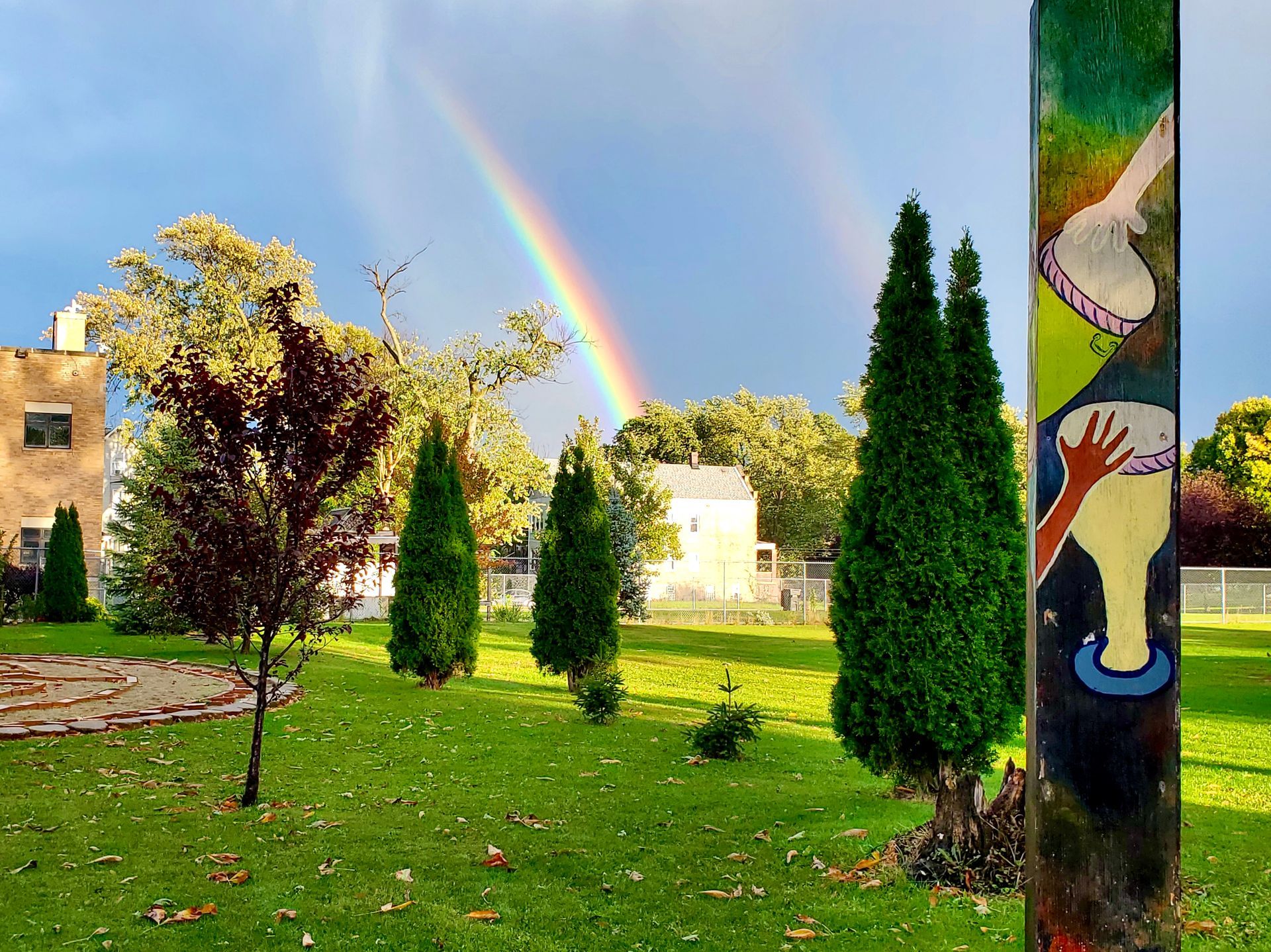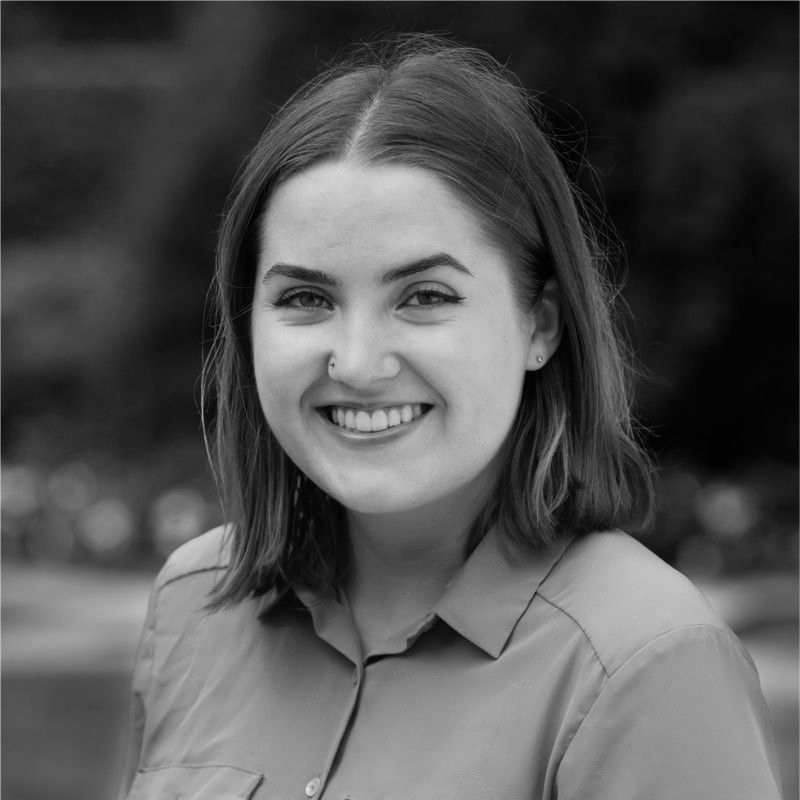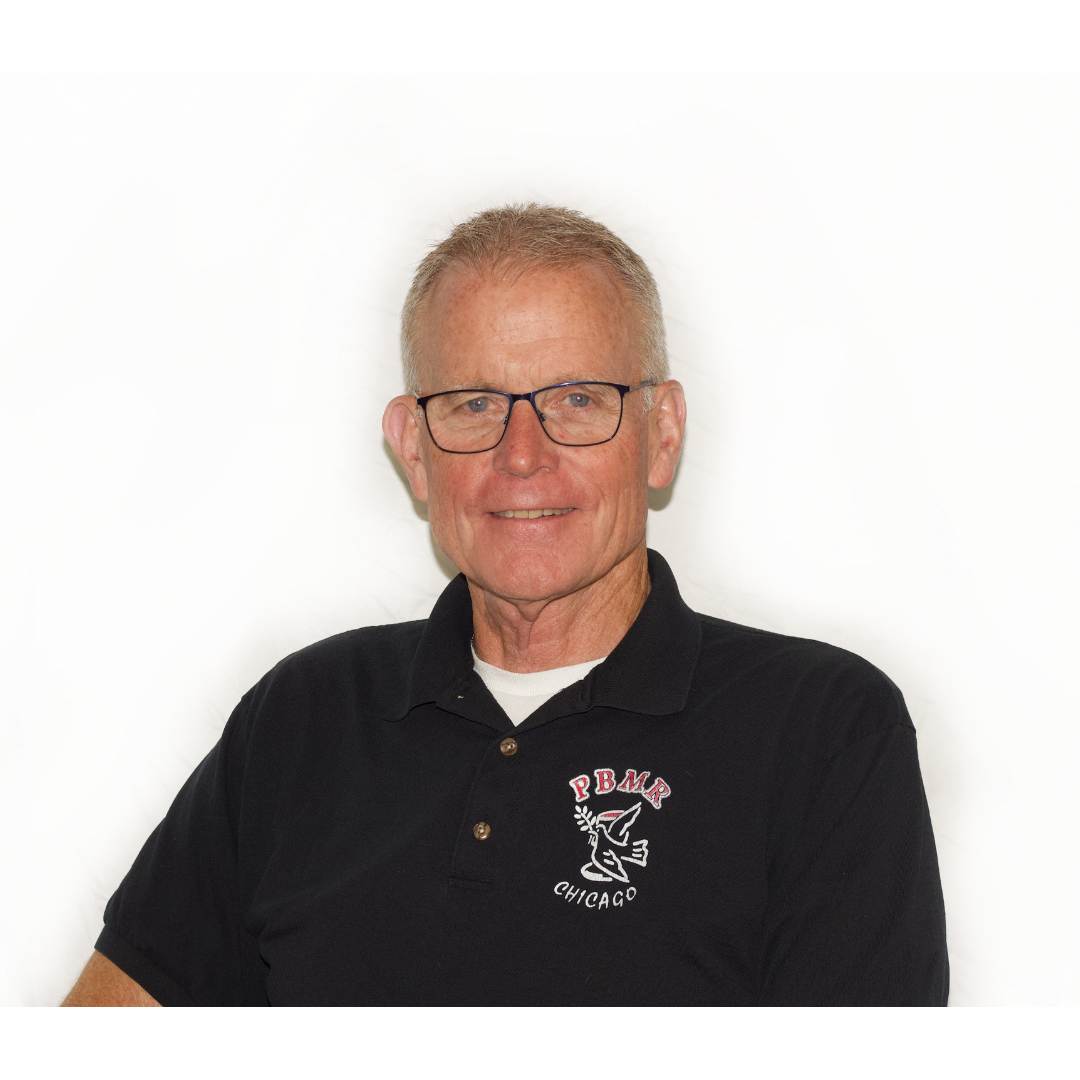New Creation: Together We Heal
"There is a power big enough to bring forth light from our wounds."

I used to joke that when Sr. Donna retired, she’d have one final Mother’s Circle, in which she'd move from mother to mother, laying hands and pronouncing, “healed.” And it would be so.
My time as a Precious Blood Volunteer at PBMR had ended before that bittersweet day came, so I guess I can only presume that that’s not what happened at that last gathering. But one of the things that PBMR taught me was that this vision of a quick fix does a disservice to the beauty and profundity of the healing journey. A conversation with Catherine, a mother in PBMR’s Family Forward program, played a key role in shaping that understanding.
I interviewed Catherine as a part of producing the first season of PBMR’s podcast, Together We Heal, which gave me the opportunity to interview multiple mothers involved in Family Forward. We'd originally met at PBMR’s Spare Some Love Bowl-a-Thon. We were on the same team, but amid the strobe lights and ultraviolet glow of the alley, the conversation and clamor of the surrounding lanes, and the constant rotation of turns as we played, we hadn’t talked much.
We met to record in PBMR’s music studio: a cozy space with blankets on the ceiling that help prevent echoes. I had DIY-ed a podcast set-up, placing two microphones on the small circular table that was in the room and placing foam panels between them for sound quality (and, if I’m being honest, aesthetics). When we sat down, I started recording, welcomed Catherine to the show, and asked how she became involved with Family Forward. This introductory question, meant to ease us into the conversation, plunged us into heavier topics when Catherine responded by explaining that her son had been shot (thankfully, he survived). That story, though, was paired with a recounting of the accompaniment she received from PBMR, and the themes of love and community continued throughout the interview. You can listen to our conversation here.

I tend to avoid calling things outside of the explicitly religious realm “holy” or “sacred,” but that is how our conversation felt. I prayed in the studio after Catherine left. The impact continued in the editing process, which moved me to tears more than once. Sitting with her and her words broke me open, leading not only to a flood of emotion but to a revelation.
It wasn’t just the suffering she had endured that made her story heavy; I was surprised to find that the healing she described carried its own weight. Her journey was so soaked and heavy with grace that I wasn’t sure how to carry it. I was in awe of Catherine ─ a woman who had gone through so much but sat before me and spoke of rising above shame, of a desire to help others who carry their own burdens, and of hope and of healing. The presence of God is all the more apparent when so much has been overcome, and I was taken aback by it.
What I am coming to understand is that the fruits of suffering – the healing, the growth, the community – are not merely silver linings, or peripheral comfort in our primary plotline of pain; rather, they are fundamental to the story. More difficult for me to grasp is the notion that healing isn’t necessarily a nullification of suffering. At the time of Catherine’s interview, I was reading Henri Nouwen’s Following Jesus. In it, he writes, “Jesus rewards us with joy. Not only later, but now. Not only in the happy moments but also in our sorrow. Joy is hidden in our suffering and revealed in our communal life.”

Suffering is inextricably linked to the Paschal mystery. The resurrection could not have happened without the death that preceded it. Even after Christ’s glorious triumph over death, he still bore the scars of his crucifixion; the wounds through which He reconciled the world through the shedding of His Precious Blood. I am still working to grasp this – both in the Gospel story and its manifestation in the world around me. I sometimes wish that I could take away someone’s pain with a touch. My job, though, is to accompany and love. This is a comfort: in addition to not having healing powers, I sometimes find myself at a complete loss for words of consolation when holding a story. I can entrust the work of healing to God.
That trust also allows me to honor the autonomy and pain of those I listen to.
Sometimes, as is the case in the loss of a loved one, things can never go back to the way they were before, and a miraculous erasure of the pain devalues the magnitude of the event and the love that begets the grief. Fortunately, the central mystery of the Christian life is not Jesus’ miraculous healings; it is His death and resurrection. In a world where we can never truly protect ourselves from death and grief, there is true hope to be found in the healing journey.
For me, Catherine’s story concretized and brought this hope into focus: there is a power big enough to bring forth light from our wounds; a light that becomes brighter the deeper our hurt. And it is almost too beautiful to bear.

Anna Nowalk is a former Precious Blood Volunteer, during which she hosted PBMR's Together We Heal podcast. She recently completed a Fulbright grant in El Salvador studying music written about martyrs, and is now a Masters of Theological Studies student at Notre Dame on the moral theology track.


Reimagining Justice in Illinois: A Restorative Justice Blueprint for Illinois’ Criminal Legal System








